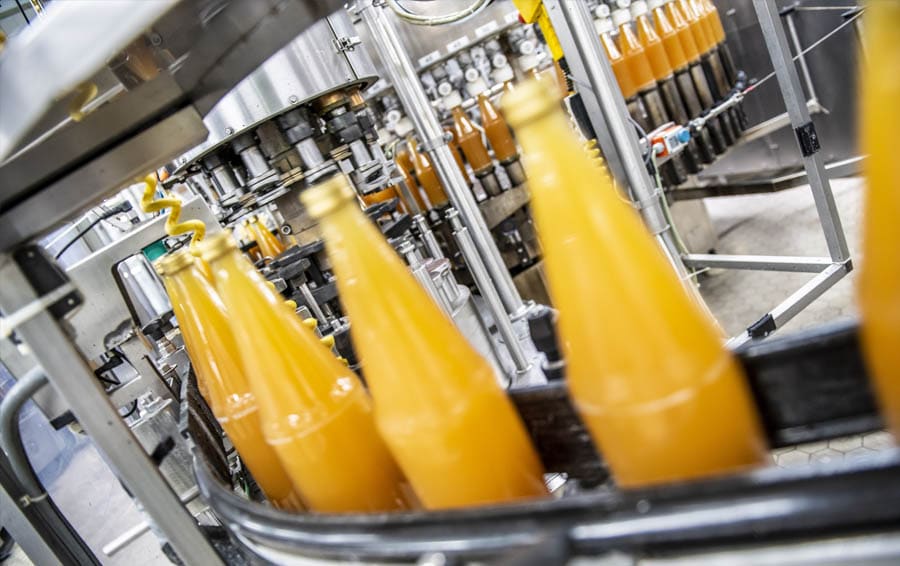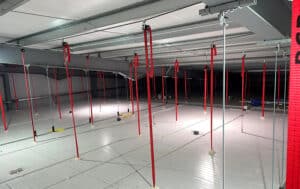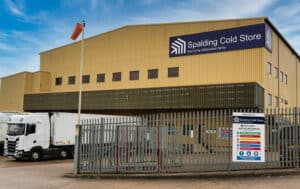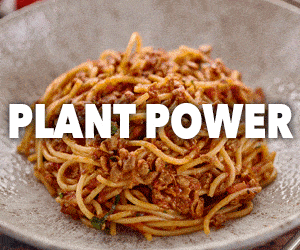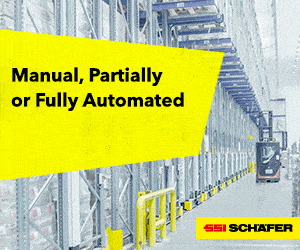Process engineering group GEA and Israeli foodtech start-up Better Juice have joined forces to help beverage manufacturers produce healthier, lower-sugar fruit juice. Better Juice has developed a groundbreaking solution that naturally reduces the amount of sugar in fresh juice by up to 80 percent, without affecting its nutritional value or taste. GEA is now engineering the process technology the start-up needs, setting this innovative solution on course for industrial production.
Demand for healthier juice
GEA frequently works with innovation partners such as start-ups in order to react more quickly to market trends and explore alternative solutions. Reducing the amount of sugar in our diets is one of the dominant themes in the food industry today, since people who consume excess sugar are more likely to be overweight, obese, or suffer from conditions like diabetes or cardiovascular disease. Although the COVID-19 pandemic has increased demand for orange juice as a vitamin-rich, immune-boosting drink[1], the high fruit sugar levels in fresh juice mean more health-conscious consumers avoid it. If drinks manufacturers want to win back this customer group, they need to reduce the sugar content of their fruit juice. Up until now, the industry has had to make do with sweeteners and additives – whether natural or artificial – to reduce the calorie content of fruit juice.
Enzymatic sugar reduction
Better Juice’s solution uses microorganisms instead. “The enzymes of which convert the sucrose, fructose and glucose in fresh fruit juice into more nutritious dietary fibre. This reduces the juice’s sweetness but does not affect its texture or vitamin composition,” summarises Gali Yarom, co-founder and COO of Better Juice. Based on consumer preferences, manufacturers could reduce the sugar content by between 20 and 80 percent.
Bioreactor added to juice-making process
The patent-pending system adds just one short step to the production process: immobilised, non-GMO microorganisms are contained in a type of fixed bed through which the juice passes. They feed on the juice and the enzymes within the microorganisms, converting the sugar into dietary fibre. Based on a Better Juice prototype, GEA is to develop, construct and put into operation a bioreactor skid for the enzymatic sugar-reduction process.
The GEA process module will be fully automated and fitted with clean-in-place (CIP) functionality to ensure a continuous, hygienic flow. Better Juice will provide the required media, namely the immobilised microorganisms.
Contamination-free process
“The major hurdle in continuous flow reduction of sugars in natural juices is keeping the process contamination-free without damaging the enzymatic activity – particularly in large-scale production. This is an example of an area where GEA’s expertise can ensure a high-quality product,” says Yarom. By working with GEA’s experts, who have decades of juice processing experience, the enzyme technology can be smoothly integrated into existing juice production plants.
“We need to create an ideal environment for this sensitive process – the right temperatures, surfaces and conditions,” adds Franz-Josef Helms, Engineering Manager for non-alcoholic beverage production at GEA. “The entire process design is therefore engineered for optimum performance under very demanding aseptic production conditions. This enables continuous juice flow for weeks without recontamination.”
As a first step, GEA will produce a module for Better Juice with a capacity of 200 litres per hour. This will allow beverage companies to pilot their reduced-sugar juice. Later, GEA will then supply larger modules with different capacities that can be integrated into existing plants.
Driving agile innovation
Working with innovation partners like Better Juice gives GEA the opportunity to capture new markets and industries as well as find support for the development of its own ideas with an eye towards their rapid market launch. Start- ups provide the energy and flexibility required in many fast-moving industries. The give and take between investors, established companies and start-ups is a win-win for all those involved, bringing pioneering solutions and products to customers more quickly and efficiently. This is the same reason why GEA became a founding partner of MassChallenge Switzerland, a business accelerator program established in 2016, which invests more than USD 2 million in emerging start-ups across the globe each year. As one of its primary sponsors, GEA has an opportunity to network with start-ups and other participating companies to discuss disruptive ideas in the areas of food, health and energy, for example.
Like the joint venture with Better Juice, GEA’s collaboration with start-ups underscores its commitment to “engineering for a better world”. The “new food” innovation focus, for example, is paving the way for industry to transition from conventional to high-performance production, sustainably producing food for the growing global population in an environmentally and ethically sound manner. GEA aims to support its customers as a industrial partner throughout this journey.


